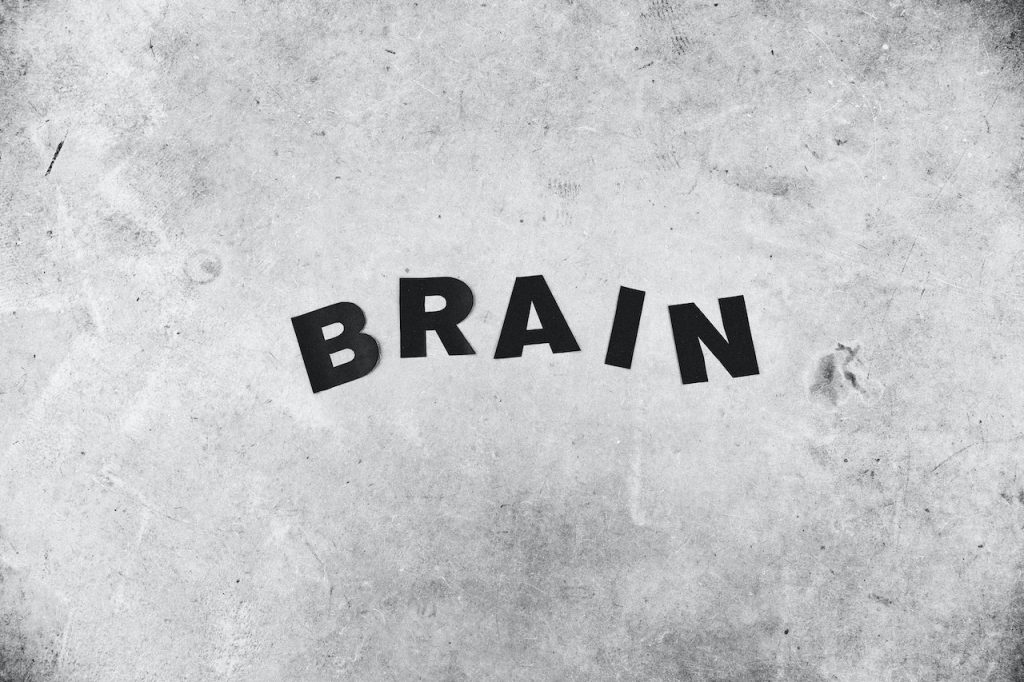Mental health issues are more common than most people think, yet individuals who suffer from them are often misunderstood and stigmatized. This stigma causes them to feel isolated, ashamed, and hesitant to seek help. In this article, we will discuss the stigma surrounding mental health, its consequences, and the importance of reducing it by promoting psychotherapeutic and medication management solutions as a positive way to manage symptoms.
Understanding the Stigma Surrounding Mental Health
Mental health stigma refers to the negative attitudes and beliefs that exist in society towards individuals who are diagnosed with a mental health condition. It can lead to discrimination, marginalization, and isolation, all of which can make it difficult for individuals to seek help and receive the support they need. Common misconceptions about mental health include the belief that individuals who have mental health issues are weak, unstable, or dangerous.Origins of Mental Health Stigma
Stigma surrounding mental health has existed for centuries, and it stems from several factors, including ignorance, fear, and discrimination. In the past, people with mental health conditions were often viewed as being possessed by demons or witches, and they were subjected to cruel and inhumane treatments. The invention of asylums only worsened this stigma, as these institutions often housed patients in poor conditions, further perpetuating negative attitudes towards mental health.The Consequences of Mental Health Stigma
The stigma surrounding mental health can have serious consequences for individuals who suffer from mental health issues. It can lead to social isolation, loss of employment, and discrimination. Moreover, it can prevent individuals from seeking help, and they may avoid discussing their mental health struggles for fear of being judged or discriminated against.Impact on Mental Health Treatment
Mental health stigma can also affect mental health treatment. Due to the stigma, some individuals may not receive proper treatment or may refuse to take medication or participate in therapy due to fears of being judged. This can lead to the worsening of symptoms, and in some cases, it can even be life-threatening.Reducing Mental Health Stigma
Reducing mental health stigma is essential to ensure that individuals receive the care and support they need. This can be done by educating the public on mental health, including its causes and treatments, and by promoting empathy and understanding towards individuals who suffer from mental health conditions.Psychotherapeutic and Medication Management Solutions
One way to reduce mental health stigma is by promoting psychotherapeutic and medication management solutions. These treatments have been shown to be effective in managing symptoms and improving the quality of life for individuals who suffer from mental health conditions. By promoting these solutions, we can reduce the stigma surrounding mental health and encourage individuals to seek help when they need it.The Importance of Compassion
Another way to reduce mental health stigma is by promoting compassion and empathy towards individuals who suffer from mental health issues. This can be done by educating the public on the impact of mental health conditions, including the challenges individuals face when seeking treatment. By promoting empathy and understanding, we can reduce stigma and encourage individuals to seek help and receive the support they need.Conclusion
Mental health stigma is a serious issue that can have significant consequences for individuals who suffer from mental health issues. By promoting psychotherapeutic and medication management solutions and promoting empathy and understanding, we can reduce the stigma surrounding mental health and ensure that individuals receive the care and support they need.FAQs
- What is mental health stigma?
- What are the consequences of mental health stigma?


